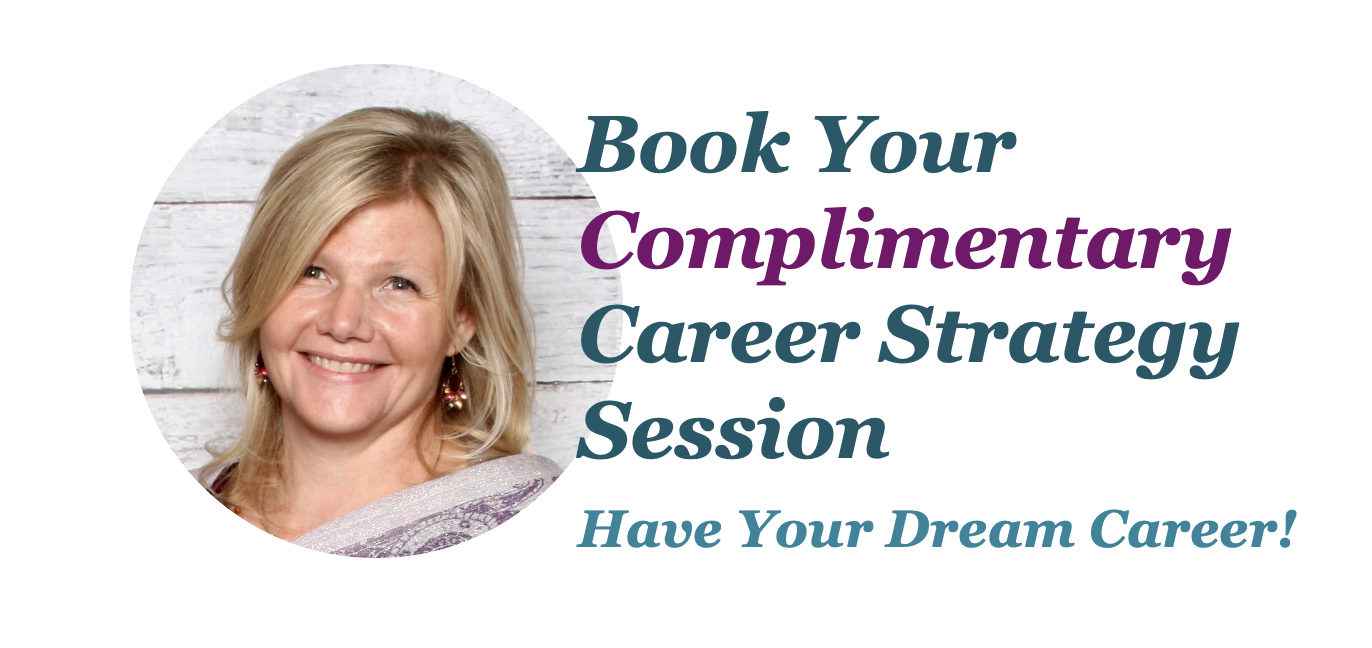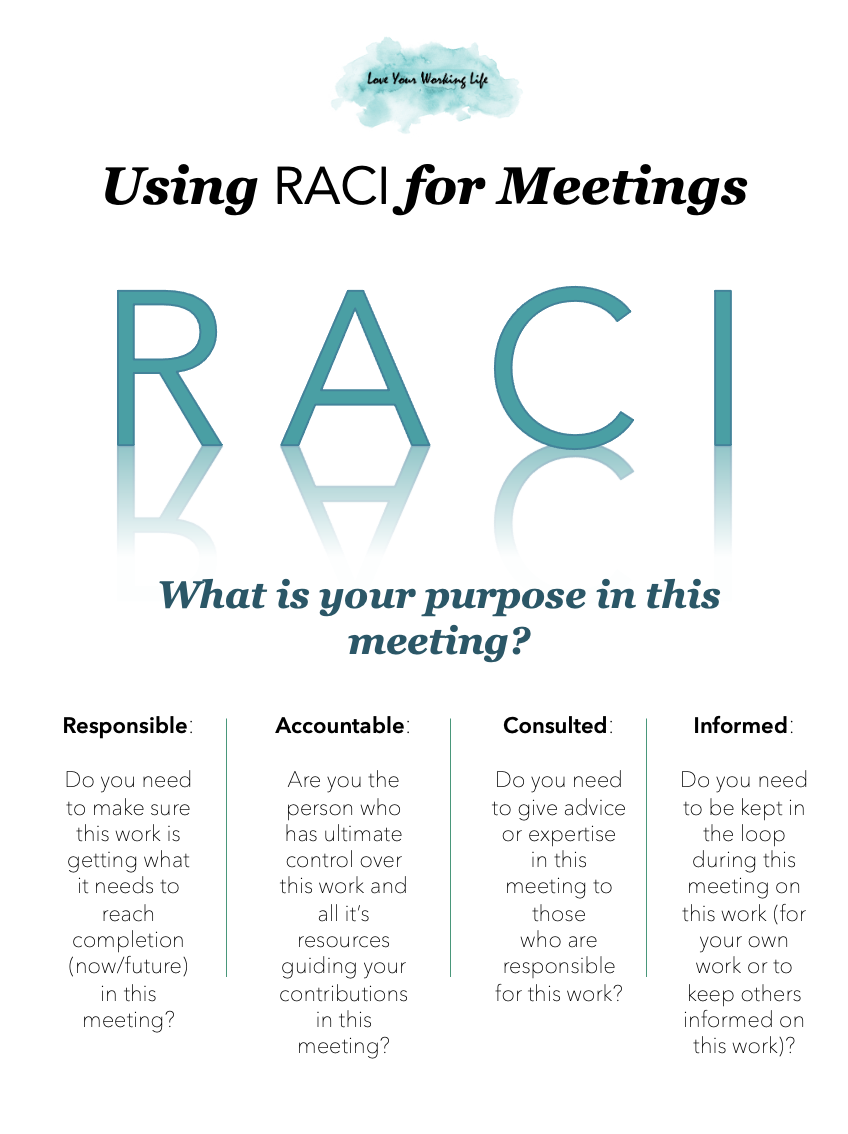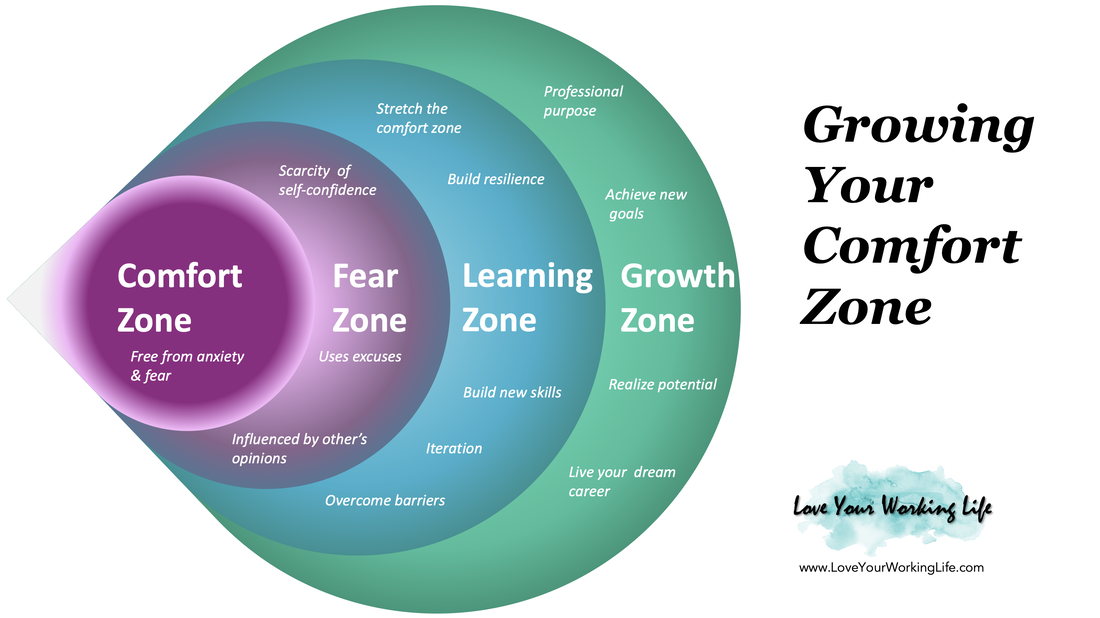|
Your time and needs are important. So is learning to advocate for them through voicing what is, and is not, possible during busy periods in your work and life. Balancing saying “yes” and “no” is all about helping others understand you care but have commitments you’ve made that are also important (which includes your own well-being). Here are 5 ways to say “no” without making a “career limiting” move.
It’s OK to say “no” to work because you need to be done work on time or to meet your own needs and commitments. What you don’t have to do is share your personal reasons for saying “no” to work. If you have already framed your “no” by referencing current workload, priorities, and deadlines, then let that stand as your reason for not taking on more work. They don’t need to know it’s because you’ve planned a well-deserved and relaxing night off.
0 Comments
Does this sound familiar?
It’s not that you don’t have great qualities (you so do), but it may be time to check in and see if you’re backing away from your own greatness. Here are 5 signs you’re doing just that.
If you have any of these 5 signs (and it would be human if you did), this can help. Sit down and consider what success looks like for you. It’s not something we put a lot of time into, so write down your vision of success (and make sure it is yours, and not what you think others want). Then, write down the barriers to achieving that vision of success and ways you can overcome them. This then becomes the beginning of your plan to step into your greatness. It will feel weird calling it that, but get used to the boldness of it, because where you’re going requires the courage to be bold. And, if that isn’t enticing you to be a bit more visible, remember, someone at some time was looking at you too and thinking “Wow, it must be so great to be able to do that so effortlessly…”. Each of us was created with a purpose, never doubt that you have greatness in you, or how much the world needs it.
Meetings. Love ‘em or hate ‘em they are unavoidable at work. And you need to be strategic about your contributions in meetings to keep your work and career on track. How often do you “raise your hand” in a meeting and weigh in? How comfortable are you doing it? Meetings are “ground zero”, where you feel like you belong at work, or not (virtual or otherwise). So, how can you leverage these constant opportunities to be seen and make your expertise count? Here are 7 tips to help you do just that.
Your impact at work is greater when you strategically choose to contribute your voice to meetings with the bonus that it also confirms you have value and purpose in being there. You don’t have to say something in every meeting (sometimes you’re there just to listen), but you do need to understand why you are in the meetings you attend and contribute accordingly. To do less means you lose visibility, influence, and credibility all of which determine your relevance at work (and any feelings of belonging and acceptance). Make sure this isn’t something you are doing to yourself. Put your hand up, you’ve got a lot of great things to contribute.
Summer reading is such a great way to travel away from day-to-day life without moving an inch. And it is a phenomenal way to explore, find new ideas and test new ways of thinking with zero risk to your career. So, when I came across this quote in my summer reading it took me a moment to take it all in: You will never get any more out of life then you expect” – Bruce Lee It’s a powerful quote that really spoke to me – was I empowering myself, or limiting myself by what I expected of myself and others? How do you shape your own expectations? This is a very important thing to contemplate, because at its heart is how you empower yourself. I’ve been a planner all my life, but I hadn’t been setting life or career goals until I realized I had about 20 years of working life left – 20 years that could either be a painful slog, or a way to make a meaningful difference through my profession. Which one appeals to you the most? Is it time to listen to your soul? Take those longings you have and see what’s possible in your career? What do you expect of yourself? And how can you use those expectations to empower yourself, rather than judge yourself? Here are the first steps towards your career empowerment: You need 2 kinds of goals: empowerment happens in the present moment but needs guidance from a bigger vision or plan. Career empowerment needs 2 kinds of goals, short term (the present) and long term (the future, bigger vision).
Start where you are: So often we see the flaw and lack in ourselves, the things that hold us back. Stop.
Hold yourself accountable: Longings and dreams can be intimidating, but that’s what makes them worth it (if this were easy to do you would have done it by now).
“You will never get any more out of life then you expect.” (Bruce Lee) that’s the quote. Most of us never get to the point where we sit down and reflect on what we expect of ourselves and our careers. Our one precious life. You don’t have to cure cancer or create world peace. Saving for retirement, raising great kids, paying off a mortgage are amazing ways to make a difference in your life and community. So is making sure you enjoy your life along the way. Have this conversation with yourself. What do you expect from your life? Set the bar someplace amazing and meaningful for you. From now until retirement I’m getting out of bed every morning to help people increase their personal power at work, so they can love their working life. Not only do I know that’s possible, but it’s also the very definition of a dream career. What do you expect from your career?
I have a confession to make. I’m leaving my comfort zone. I’m getting business coaching, and it is going well. But it’s also challenging me. That’s an understatement, it’s pushing me around, at times making me feel like a complete newbie, or a rebellious three-year old. Sometimes it feels like I’ve conquered Everest. It depends on the day. And this is normal. Doing new things, building new skills, or re-learning better ways to do old things is not easy. I’ve had to confront my comfort zone many times (and I’m probably not done yet). If you’re like me, you may only leave your comfort zone kicking and screaming. Something I’ve had to develop is a different mindset towards my comfort zone. The interesting thing I’m discovering is I’m open and curious about change (trying something new, switching things up, being curious). BUT, if I need to leave my comfort zone, that’s when the fight starts. Can you relate? A professional comfort zone is the place where you perform your role free of anxiety or fear because you know what you’re doing, and what to expect, at work. It’s not the same as confidence, but confidence lives here, making it hard to leave this oasis. The thing is your career only continues to thrive if you choose to leave your comfort zone regularly. If you aren’t embracing both welcome and unwelcome change in your work, you get bored …your skills go stale. You become less relevant to your employer and may not have the resilience to make changes your employer needs (or be able to find a better job for yourself that gets your professional motor running). Here are 8 strategies to challenge your comfort zone mindset so you can have your dream career:
Comfort zones must be pushed, shaped and grown to give you everything you need to enjoy your career. Like other living things, comfort zones need your attention every day – but that doesn’t always mean facing fear. Comfort zones also grow through fun, playfulness, and joy. Things like trying new foods, travel, reading a new author or just doing nothing at all (try doing nothing, I bet your comfort zone gives you a fight). Your comfort zone mindset is key to your future; it’ll either propel you forward or hold you back. Which one supports where you are going in your career?
|
|
|








